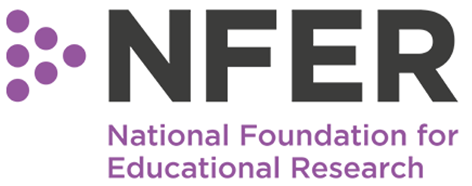On 12th July, a group of Tuition Partners – organisations that offer one-to-one and small-group tutoring to pupils in English schools – ran a launch event for a report they had funded on The Future of Tutoring.
Several MPs were in attendance and supportive of the report, which advocated government funding for the NTP to continue beyond next academic year. The launch event provided powerful and emotive examples of why some believe the NTP works: a mother and her FE student daughter spoke about how much the scheme had helped them; Rt Hon Robert Halfon MP recounted how tutoring had helped him pass O-level maths at second attempt; and over three-quarters of parents surveyed would support increasing tuition provision in England.
As a researcher in education, you might expect me to say that this was all flagrant lobbying and the evidence base is weak. Far from it: in over 30 randomised controlled trials that NFER has carried out in the last decade, by far the most effective intervention for disadvantaged children was a graduate coaching programme for pupils who were not ready to access the secondary school curriculum.
Those in receipt of the tuition made five additional months’ progress, on average. The Education Endowment Foundation toolkit states that small-group tuition is associated with four additional months’ progress and is relatively low cost. With this mix of evidence and the intuitive sense of fairness that disadvantaged students could finally access what their peers have traditionally enjoyed, it is understandable that DfE adopted tutoring as its flagship catch-up solution after the pandemic.

